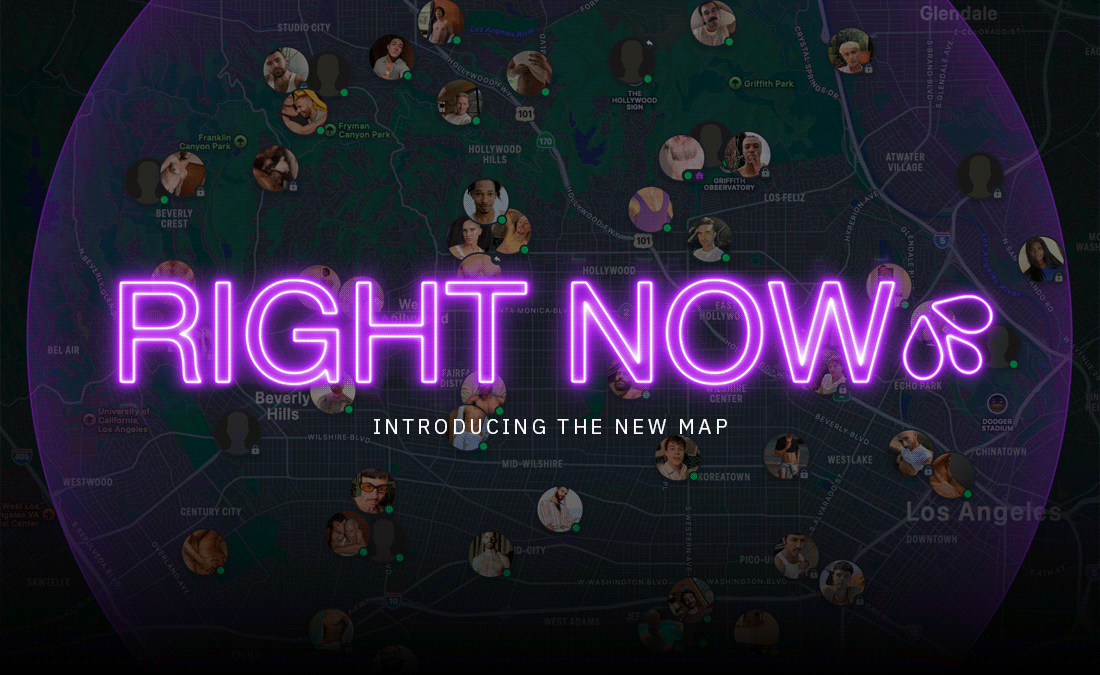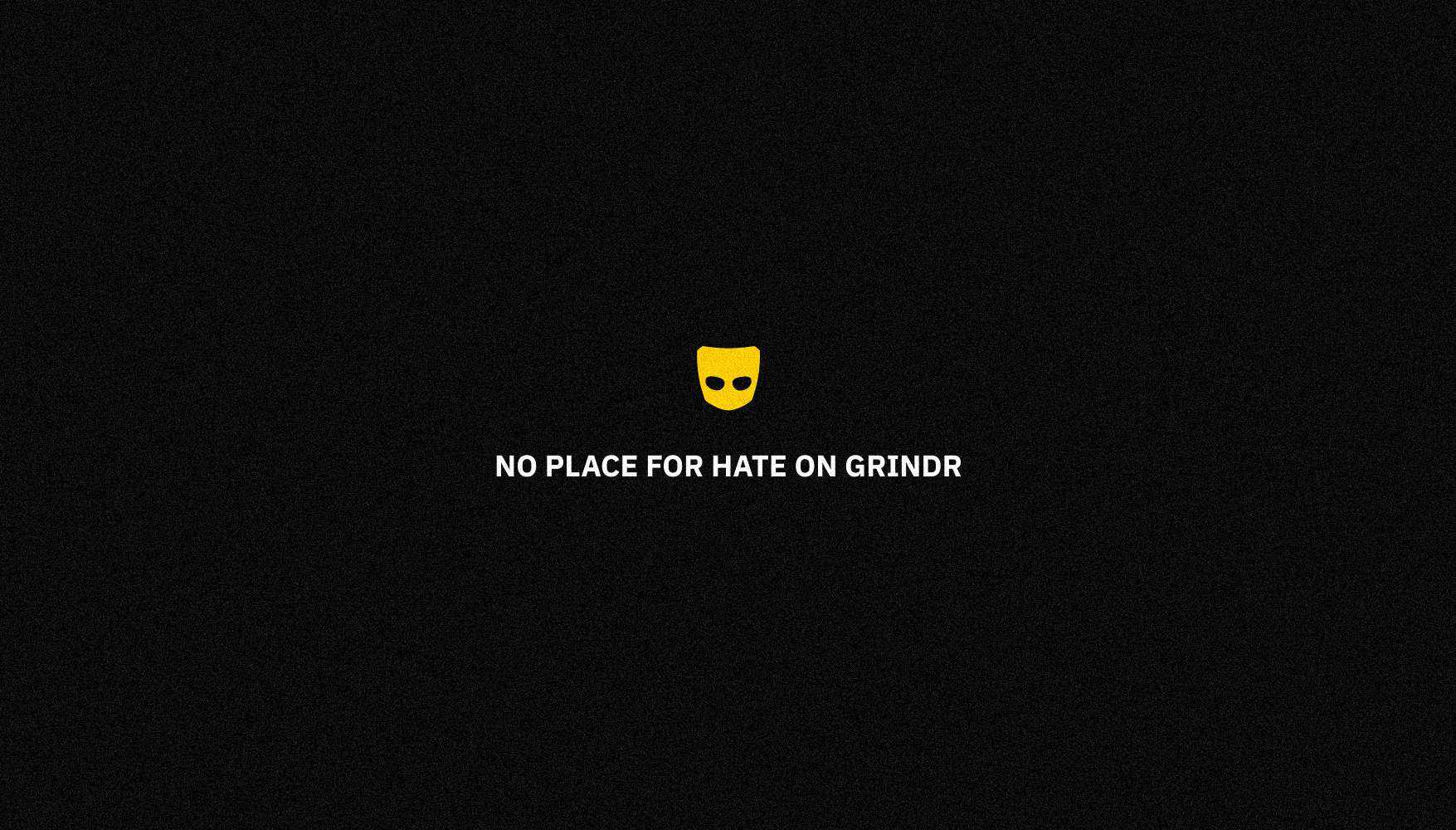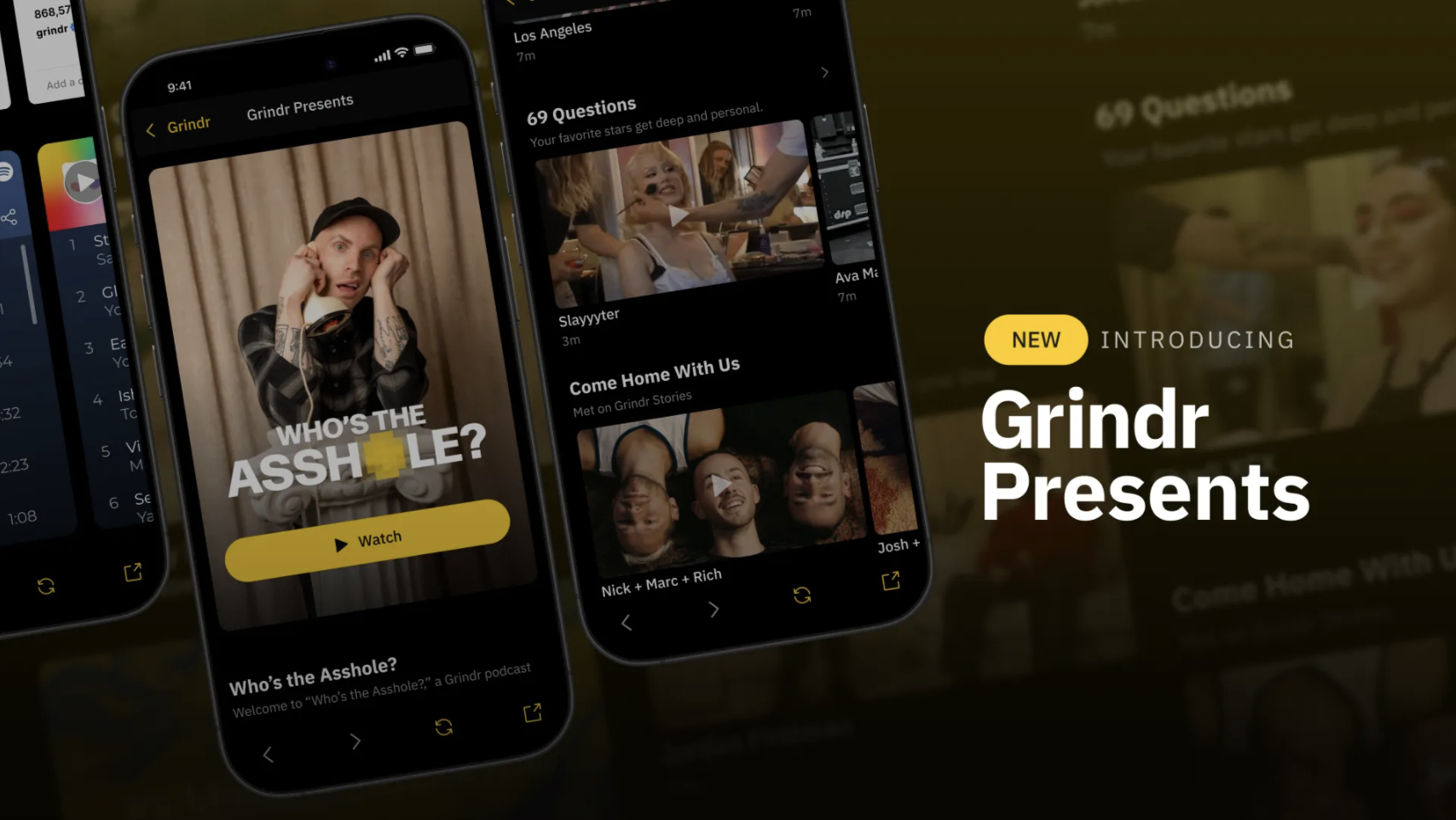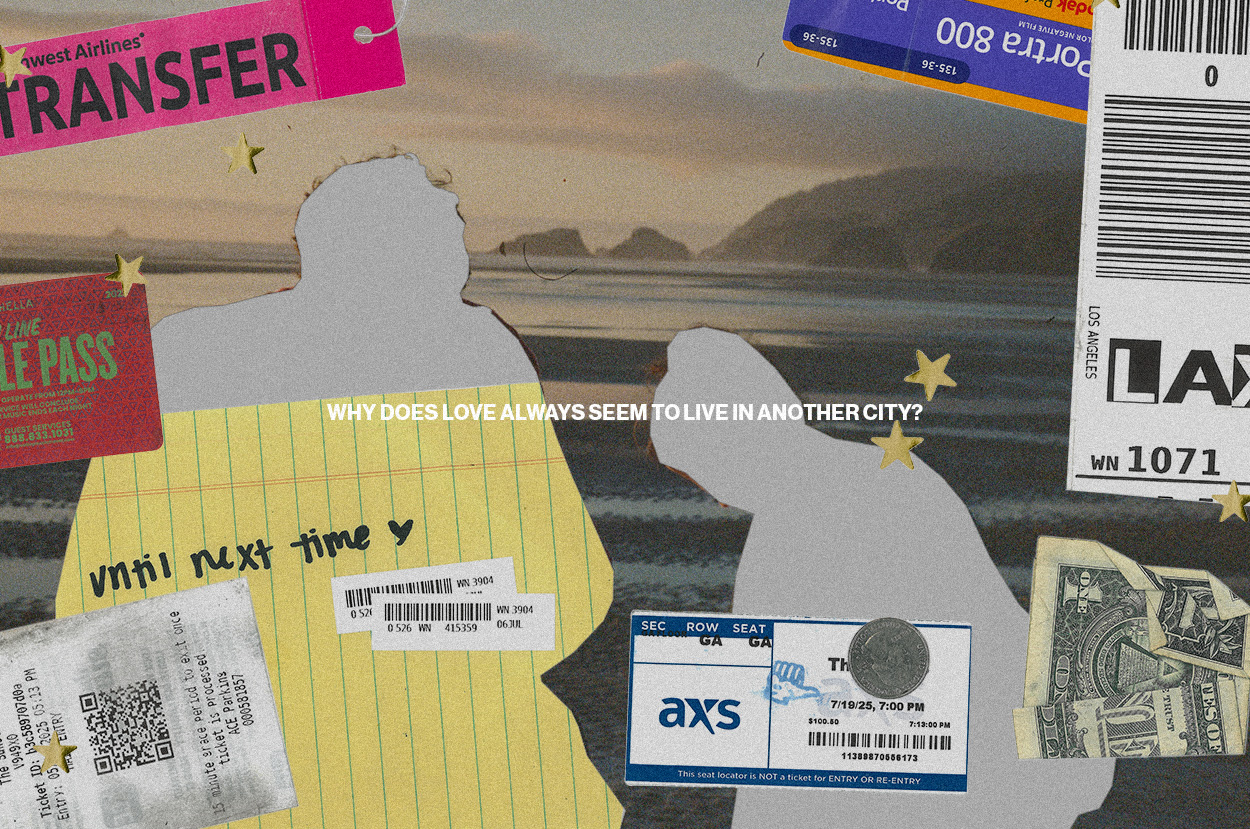Cakes da Killa Wants the Girls to Get Into Dental Hygiene


I promised Cakes da Killa I wouldn't take a pull quote about his favorite toothpaste out of context, but sometimes, a bitch has to lie. When one of the most dextrous queer rappers waxes poetic about the virtues of Hello Charcoal Toothpaste (sorry, Cakes), you don't just let that shit go. After all, Cakes has never been one to shy away from speaking his truth, whether it's about dental hygiene or his trailblazing role in hip-hop.
The thing is, Cakes has been putting out some of the most outwardly gay rap and hip-hop for over a decade—and though he told me that would age him—I have to mention it. Because he was giving lipstick, lashes, and nails with a characteristic New York City swagger before any of it hit the mainstream. But if it was just about being a queer rapper, Cakes said that visibility would overshadow that he’s a great performer and makes good music. And he’s right.
We sat down on Zoom. It was the night after Cakes Fest NYC, a party to celebrate the deluxe album of his latest album, Black Sheep, a hip-hop jazz album produced by Sam Katz and featuring contributions from Dawn Richard, STOUT, and Wuhryn Dumas. And even in his post-party haze, Cakes is sharp, witty, and unfiltered. One moment, he's waxing poetic about the importance of authenticity in art; the next, he's extolling the virtues of a chicken sandwich.
He seems to relish the absurdity of the situation. "Yeah, once you get to a certain age, it's like okay, eat a chicken sandwich and do the interview from bed," he jokes, and I can't help but chuckle. It's a simple statement but speaks volumes about Cakes' approach to navigating the music industry. He's the kind of artist who'll write a whole verse about sucking dick and then turn around and pen a searing critique of racism in the gay community.
As for the toothpaste part, Cakes has been in the game long enough to know that there's a certain level of bullshit that comes with the territory. We care more about the artist as a persona, knowing what restaurant they visit, where they get their shoes, and what toothpaste they use. In a world where so many artists have carefully crafted personas, Cakes is just… doing Cakes. And if that means recovering from a night out with a greasy sandwich and a tube of charcoal toothpaste, then so be it.
The following is an interview with Cakes da Killa. This interview has been edited for clarity.
Right before you dropped Black Sheep, you tweeted on April 13th, "Queer rap discourse will always bore me." I wanted to start there. How does that inform the way you make your music?
Yeah, it's just boring (laughs). It's boring because a lot of times when I do interviews, they always have this preconceived notion of me dealing with homophobia in the hip-hop industry as if I'm trying to get a seat at the BET Awards and they won't let me. And I'm like, that's not my reality. I get that sometimes in queer media, they have this victim narrative that they want to put on people. And I'm like, that's not my story. That is a reality. But that's not my reality. So a lot of times, people don't really talk about the internal struggles of queer tension amongst queer people, and that's actually what I deal with more on a day-to-day basis. A lot of times other queer rappers... they just have animosity towards other people. And I'm like, I don't care. It's like, I started out performing for drink tickets. So it's like, I don't care.
So you're saying you didn't want that centered around your music and who you are as an artist?
Yeah, but some people like that. That title is more important to them. I'm just not one of those people. And I think sometimes, when you're excelling in a field, that makes you a threat, even if you're not trying to be a threat. So sometimes I get in those types of issues where girls want to fight, and I'm like, do you really? What's the actual reason here?
Do you think that has to do with the industry trying to sanitize queer music—making it one type of palpability—as it gets more popular?
It depends on who you're talking to. We deal with a lot, even being inclusive and all that bullshit. It's really all bullshit. It's still a certain type of masc-ness, a certain type of straight-passingness, a certain type of like—it's very vain. It's the gay dollars. If the gay community wants to put money into an artist, they are going to do that. That's changed, which is why you see more queer acts performing at Pride events, which was not the thing when I was growing up. There would always be very cis-gendered women headlining these Prides, and now you have more queer acts. It's because queer people want to see themselves, but queers are hard people to please. That's why.
So we have a lot more queer artists in the mainstream now. I don't want to put words in your mouth, but you pushed the envelope. Is that how you see yourself?
No, I mean, I see myself like that now because this is what people tell me. I never felt that, because when you're doing something, you're just doing it. And I realized at a time when I was making music with Le1f and Mykki [Blanco] and everyone else… what we were doing was shifting the zeitgeist of what was happening. I think it was a community that shifted it to make the music industry what it is now. But like I said earlier, it was less about the industry and more about the consumer. The consumer wanted that. It could have happened much earlier, but gay people didn't want to see gay people perform—like they just didn't want to see that. So now, with the younger generation, they want to see the visibility. Not just on a surface level—they want to watch drag queens, they want to listen to this. Whereas when I was coming up, it wasn't really giving that.
That brings me to ballroom resurgence. When you see this happening, are you more like, "I was on this," or are you more, "Alright, this is a good thing?"
I don't own anything. To me, I think these cultures, whether we're talking about drag or ballroom or these very queer black art forms—they should be getting the exposure that they deserve. To me, I just don't like when things get watered down and saturated or not done correctly or told correctly. But that's just what happens when things get to that level. And it's just inevitable. So, for me, it's a double-edged sword. I remember a time when you would go to a gay club, and people would be voguing, and everyone would be embarrassed. So I'm happy to see the shift. But you know, it comes with its shit.
As queerness gets more mainstream, do you think that identity in music has become more important than the art itself?
I don't know if it's identity. I think the bigger thing is persona. It's more about the influencer and likability versus like, "Do they really like the music?" I could be entertaining, I could be charming, but I'm more like the old drag queen drinking in the corner versus the girl making the TikTok with the ring light. It's a different market. People want that familiarity. They want to know what type of toothpaste you use, or you know, what's the last restaurant you ate at? And I don't want to give that, but that's what the climate is giving now.
So can I ask... what kind of toothpaste do you use?
(Laughs) It's called "Hello." I think the girls need to get into dental hygiene. The girls need to get into the charcoal toothpaste.
This is probably a good time to tell you that Hello's been sponsoring this interview.
(Laughs) I mean, the empire is collapsing. You might as well get in… sell shampoo… do a cooking channel. Live your life.
* * *
Listen to Cakes da Killa's latest album, Black Sheep.
Watch his COLORS performance below.











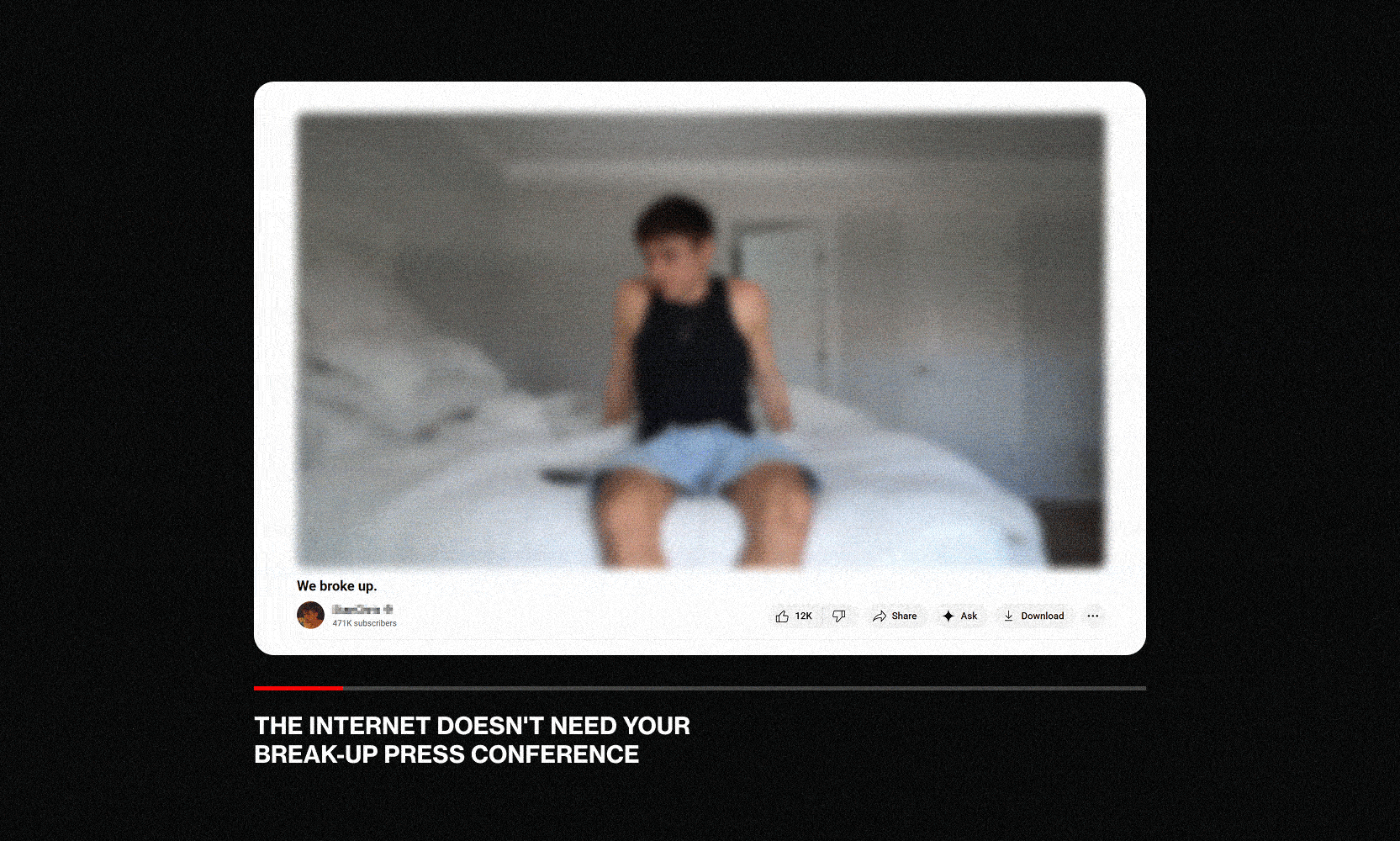
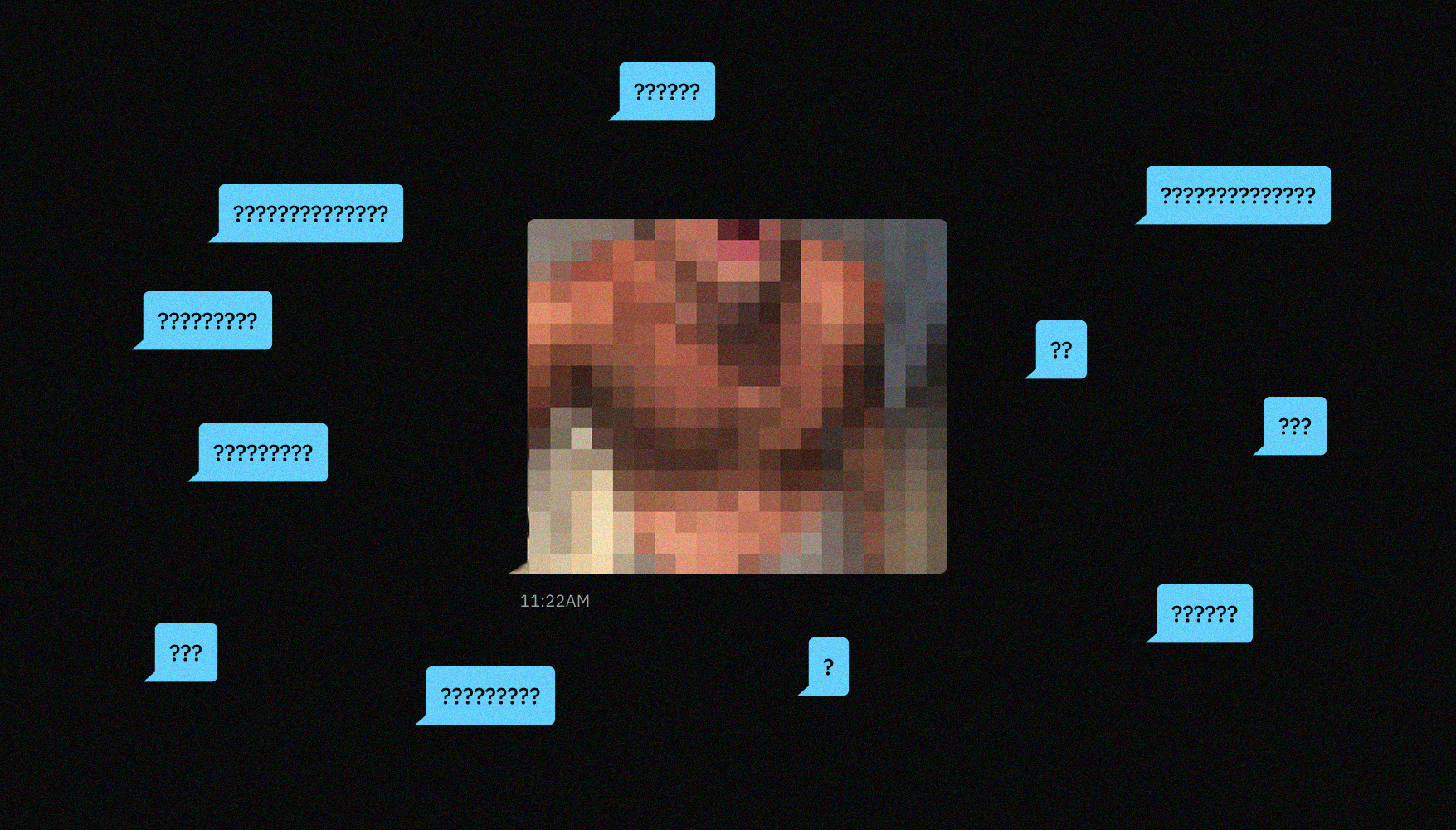
.png)
